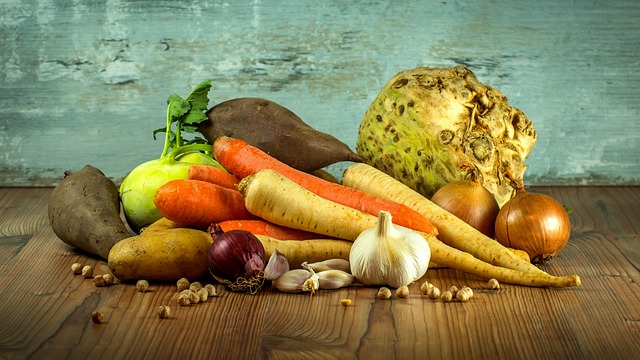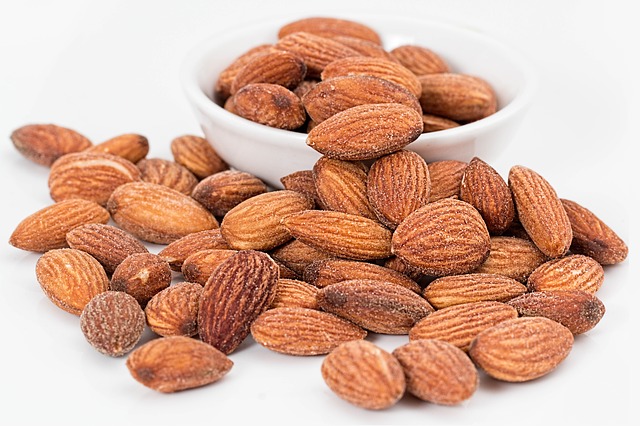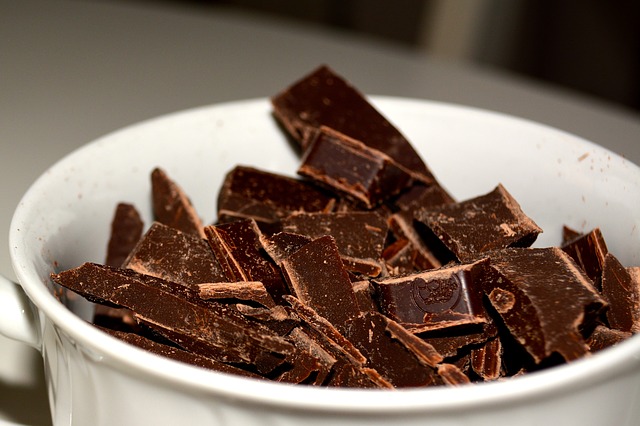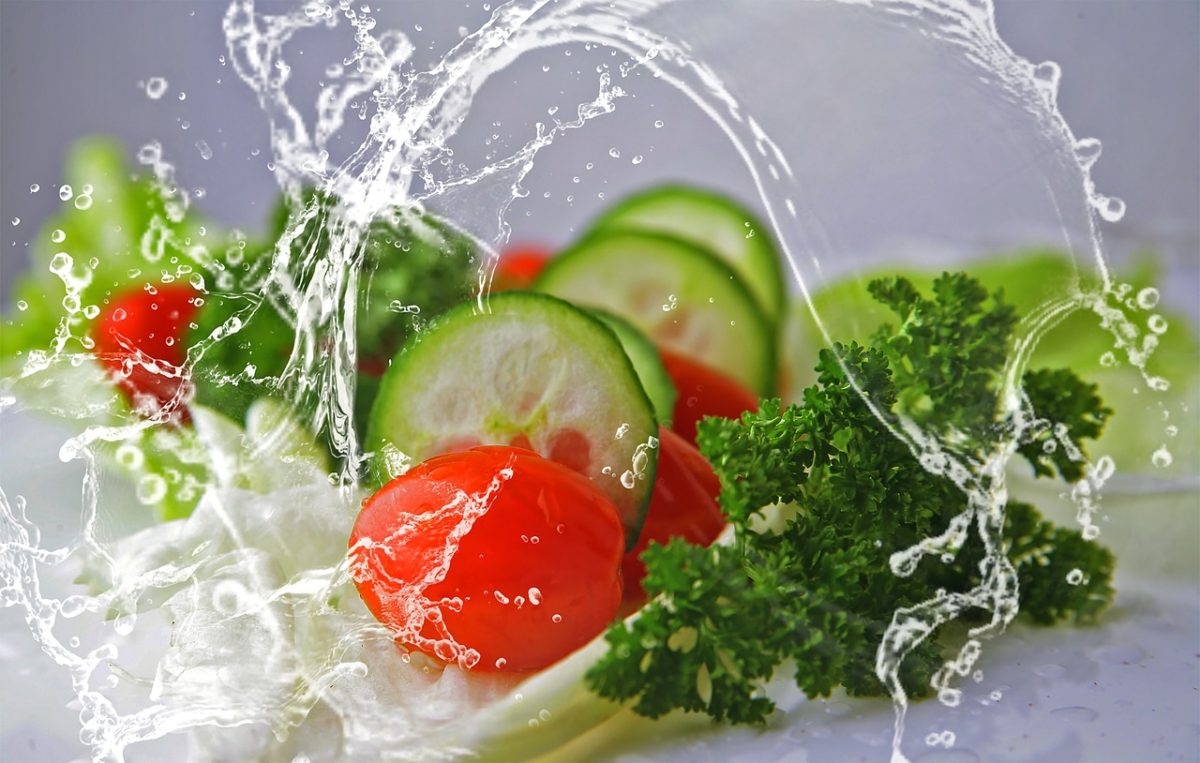The fact that there is an increase in concern about the food we consume is not new, nor is the war declared against sugar. We care what we eat.
This is a reality, and as a consequence, consumption habits are changing. Gro-wing nutritional awareness has become visible in the new healthy sections of supermarket chains, the rise of herbalists and organic food stores, or new sugar tax rates in places like the United Kingdom or Barcelona.
Consumers are asking for healthier products, in a wave that has been generated by alarms from experts such as cardiologists, WHO, and of course, dentists, the first to warn about the relationship between sugar consumption and its detrimental effects on the oral health, which later led to the link between oral and cardiovascular diseases.
Precisely food plays a fundamental role in the health of our mouth. Avoiding sugary drinks or brushing after the intake of acidic drinks like lemonade or orange juice are very valuable tips to prevent cavities in the first case or taking care of the enamel in the second. Similarly, there are a number of foods that help our teeth and gums stay strong and healthy.
The staff of the Artedental clinic in Puerto de la Cruz stress that prevention is essential to avoid oral problems and better preventive measures include dental hygiene and healthy eating, as well as an annual visit to the dentist. Among the most be-neficial foods, they emphasize:
Water
As it could not be otherwise, water occupies a privileged place in this list. It hydrates the gums and helps the production of saliva, essential for the neutralisation of bacteria. An abundant consumption of water will always be healthy, also for our mouth
Crunchy foods
Chewing raw vegetables like carrots or celery and fruits like apple can be very beneficial for our teeth. These foods are rich in fibre and contain plenty of water, so they reduce the effects of sugar and increase the production of saliva, both beneficial for the prevention of cavities.


Vitamin C
Vitamin C rich foods like citrus, papaya or kiwi favour the maturation of collagen and the strengthening of the periodontal ligament, tissues and immune function.
Vitamin D
This vitamin helps our body to better absorb calcium, and is present in foods such as eggs and fish, although the best way to acquire it is through exposure to the sun
Phosphorus
Almonds, walnuts, green leaves or fish contain the necessary phosphorus to give strength to our teeth.
In addition, these nuts are rich in Omega 3, which prevents diseases of the gums.


Black tea and green tea (sugar free)
These two types of tea contain a very beneficial substance for our teeth, the polyphenols. Its main advantage is that they reduce the growth of bacteria that cause cavities and diseases of the gums.
Foods rich in polyphenols also include red fruits and vegetables such as strawber-ries, blueberries or beets.
Parsley
This aromatic herb deserves a prominent place for its high content of monoterpene, which fights bad breath and helps the manufacture of saliva.
Dairy products without added sugars
Milk, cheese or yogurts are foods rich in calcium and vitamin D, which rebuild the tooth enamel and favour the structure of the teeth.
Dark chocolate
The more cocoa content and less sugar, the better. Cocoa contains theobromine, a substance that hardens the enamel and prevents the risk of tooth decay.


It is true that technology and dental clinics today provide great solutions to our oral problem, but not having to face gingivitis, periodontal diseases or the loss of a tooth is the most advisable. Dental hygiene is the first step to avoid such problems, such as reducing sugar consumption. However, good nutrition, with awareness and without abuse, will also help avoid greater ills.

